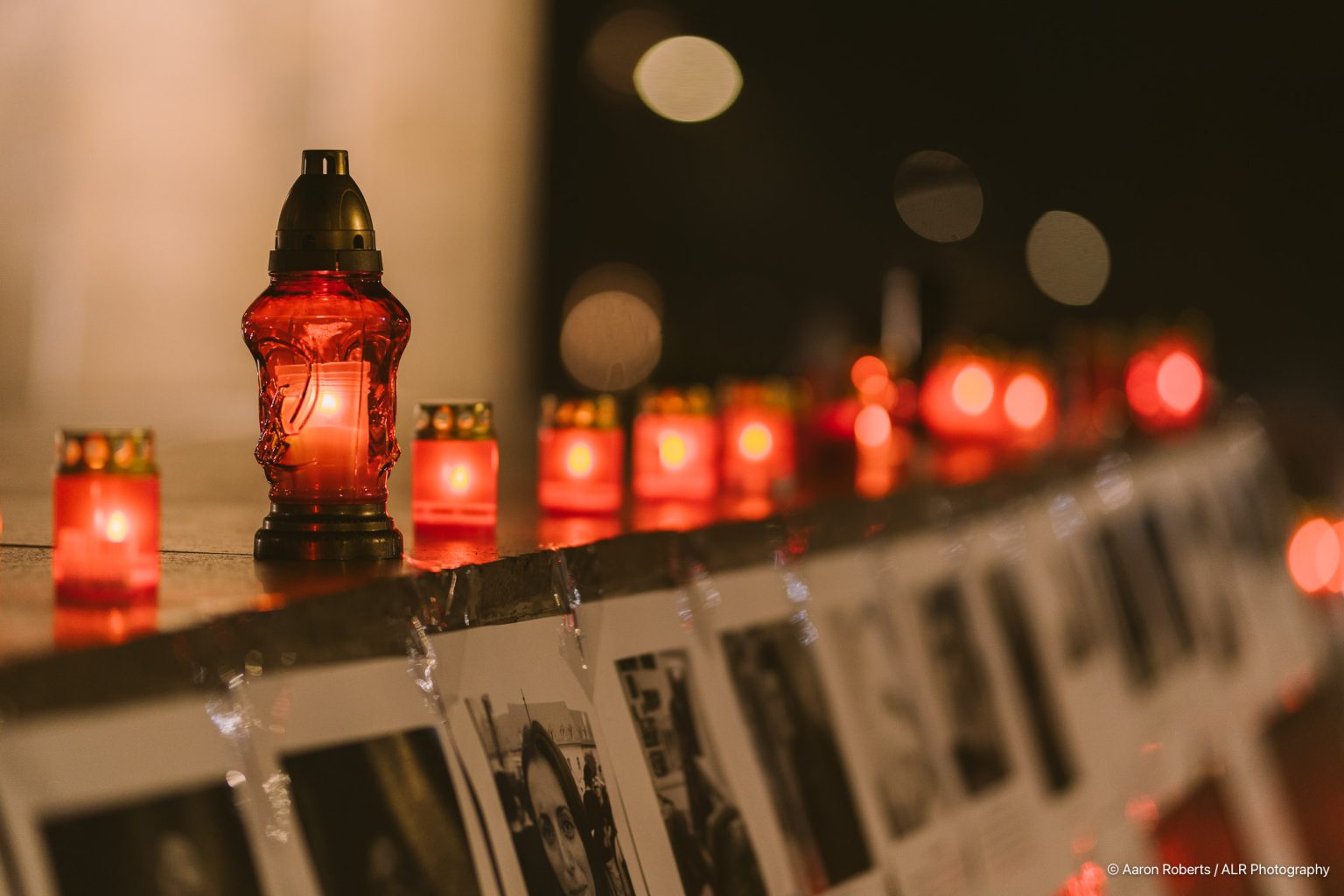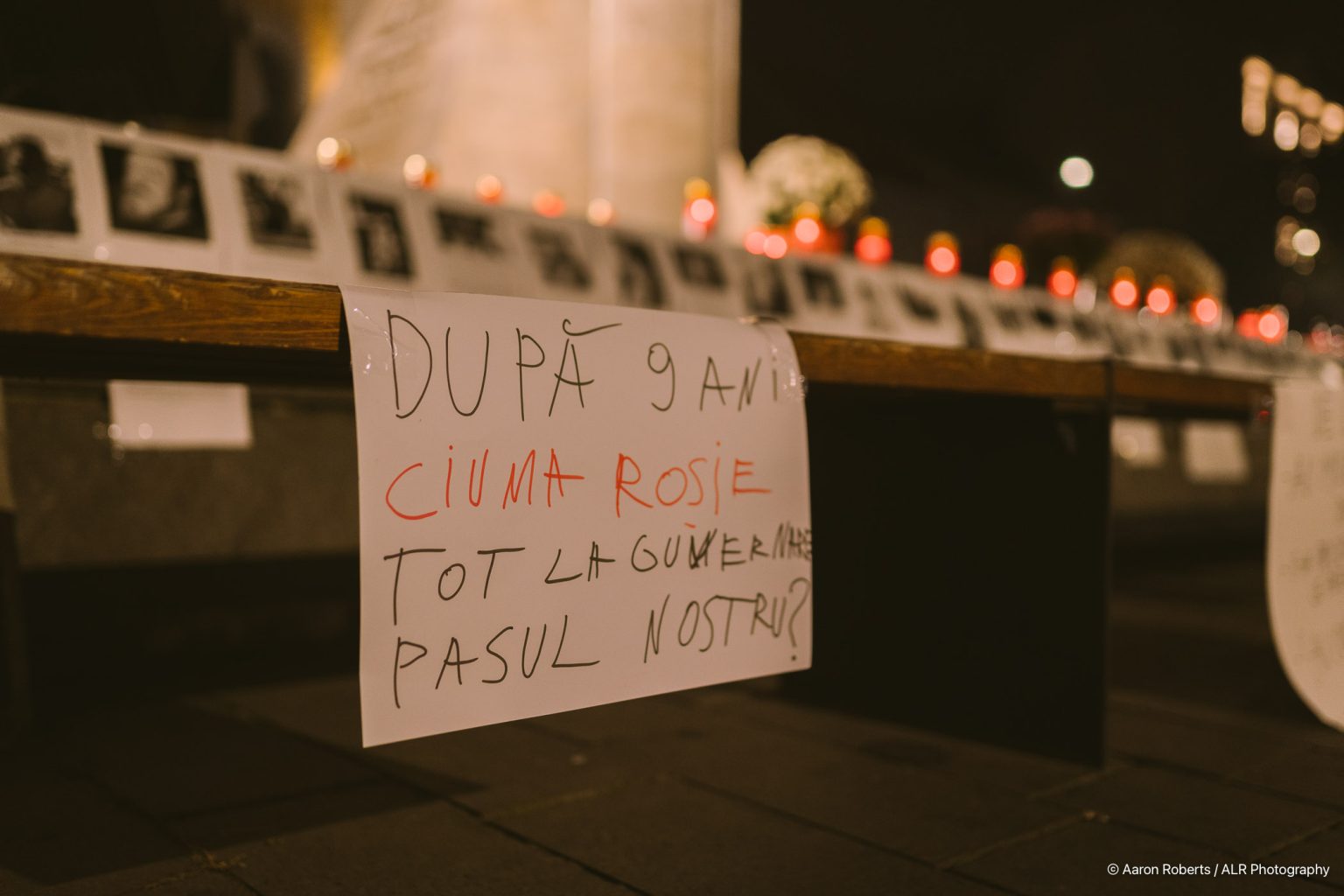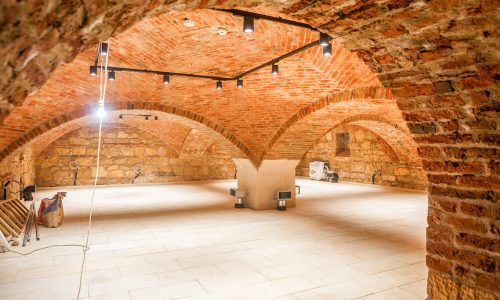Romanians and international residents alike will witness a solemn vigil marking nearly a decade since the devastating Colectiv nightclub fire of 2015. Gatherings like this are happening throughout the country, as people light candles and reflect on the 64 lives tragically lost. This day serves as a powerful remembrance, honouring both the victims and a collective call for reform and accountability—a call that remains as urgent today as it was in the days following the incident.

The Colectiv Fire: A Night that Changed Romania Forever
On that fateful night, October 30, 2015, Bucharest’s Colectiv nightclub was packed with concertgoers ready to enjoy a performance by the metal band Goodbye to Gravity. When a pyrotechnic display was set off, flames ignited the club’s flammable acoustic foam, and a disastrous fire quickly erupted, trapping many inside the overcrowded venue. Those present faced terrifying odds; the flames and thick, toxic smoke engulfed the club in minutes, making exits almost impossible to find, and some exit doors were locked. Twenty-seven people died on-site, with over 146 others injured, many critically. In the following weeks, the toll rose to 64 as more succumbed to burns, respiratory damage, and infections—victims not just of the fire, but of an overwhelmed healthcare system.
The Colectiv fire exposed severe systemic flaws. Romania’s emergency response and healthcare infrastructure were unequipped for such a crisis, leading to dangerous infections and, in many cases, inadequate care that worsened the situation. These deficiencies fuelled widespread public outcry, as revelations emerged that the nightclub had been allowed to operate without proper fire safety permits—a failure enabled by corruption, poor regulatory oversight, and official negligence.
A Decade of Outcry: Protest and the Demand for Reform
In the days after the fire, thousands took to the streets in protest. The tragedy became a breaking point, embodying years of frustration over government corruption, weak safety enforcement, and limited public accountability. From Bucharest to Cluj-Napoca and across the nation, protests demanded substantial changes to Romania’s safety standards and an end to the corruption that had allowed such a disaster to happen.

A handwritten sign reads, “After 9 years, the red plague is still in power, our step?“
The protests ultimately led to the resignation of Prime Minister Victor Ponta and the appointment of a technocratic government. This new administration pledged to address the systemic failures exposed by Colectiv, sparking hope for a future where public safety would be prioritised, and corruption would be rooted out.
Progress and Persistent Challenges: The Long Road to Change
In the years since Colectiv, Romania has seen some strides toward reform. Fire safety laws were strengthened, and certain regulatory measures were improved to ensure that public venues meet basic safety standards. Yet, many Romanians feel that these changes have fallen short, as subsequent tragedies have revealed the persistence of systemic weaknesses.
These vulnerabilities were again brought into stark relief during the COVID-19 pandemic when a series of deadly fires erupted in Romanian hospitals, including incidents in Piatra Neamț and Bucharest that claimed the lives of COVID-19 patients. In these cases, overloaded electrical systems and faulty oxygen tanks sparked fires in facilities unprepared to handle the scale of the crisis. These tragedies served as bitter reminders that the fundamental issues Colectiv had exposed—underfunded healthcare, lack of safety enforcement, and governmental complacency—remain challenges that Romania continues to face.
A Candlelit Vigil and a Commitment to Change
Tonight in Cluj-Napoca, as people gather to light candles and hold moments of silence, this memorial is not just a reflection on a single night’s tragedy. It is a time to honour the lives lost and to renew a commitment to the ongoing fight for safety, reform, and accountability. The vigil stands as a solemn reminder that Romania’s work is not yet done. For those who have moved to Cluj-Napoca or are new to Romania, the gathering may come as a poignant introduction to a pivotal moment in the country’s recent history—a story of tragedy and resilience, of collective memory and the enduring demand for a safer society.
As the community remembers the 64 victims of Colectiv, they also recognise the importance of ensuring that no such tragedy ever happens again. This nearly ten-year milestone stands as a testament to Romania’s resilience and an urgent reminder that lasting change, however challenging, remains a moral imperative. By gathering in remembrance, the nation honours those lost and recommits to building a future where public safety and accountability are a priority, ensuring that the memory of Colectiv remains a powerful force for change.



